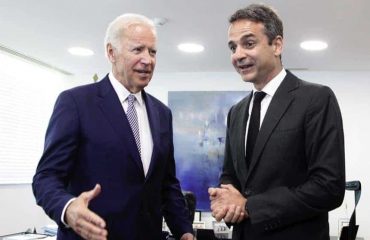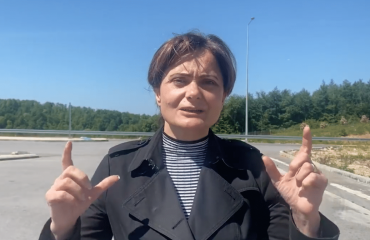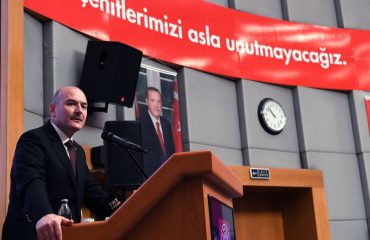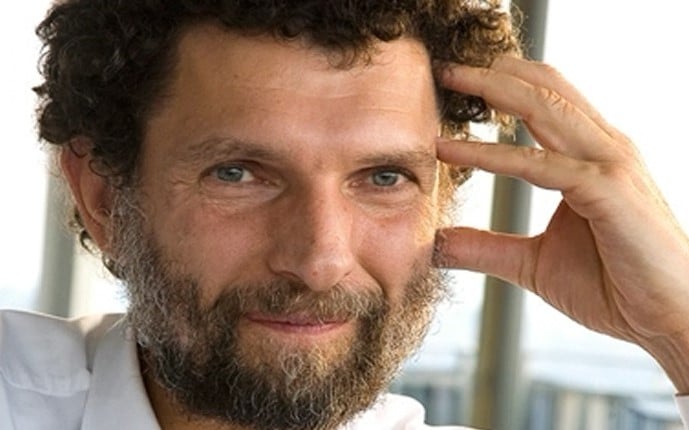
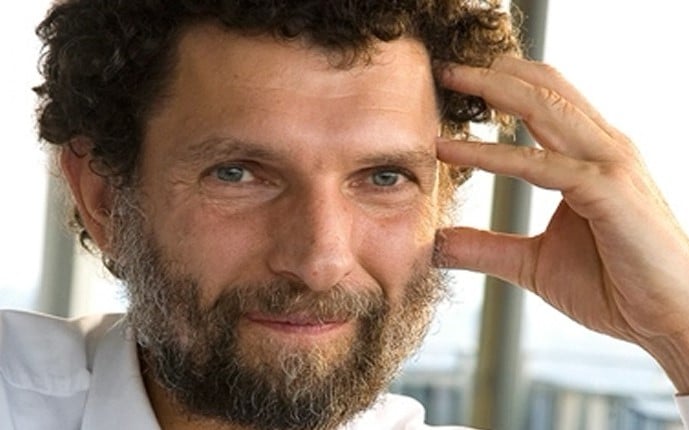
The Constitutional Court rejected Osman Kavala’s individual application for his release on the violation decision of the European Court of Human Rights (ECtHR). The court ruled on his arrest by one vote. On 30 July 2008, the lawsuit on the closure of the Justice and Development Party (AKP) was rejected with one vote, six votes over five. The Constitutional Court rejected Kavala’s release with eight votes over seven. The court ruled that the rights of Kavala, who had been imprisoned for 1155 days without a verdict, or for acquittal, were not violated.
Under the current conditions in Turkey, what is surprising is not the eight votes for Kavala’s arrest but the seven votes for his release.
On Dec. 10, President Tayyip Erdogan said after the ECtHR’s decision that Kavala should be released that he did not accept the decision and that the ECtHR could not decide on behalf of the Turkish courts. This is true, but the 90th article of the Turkish Constitution says that in case of a conflict between the ECtHR and the domestic law, the ECHtR would be essential, an article introduced during Erdoğan’s rule as the prime minister. Moreover, Erdoğan sought his rights before the ECtHR three times in 1999, 2001 and 2002.
The EU to leave Kavala would open a page
Abdülkadir Selvi, a colleague I respected for news reports on the ruling AKP, said on December 28 that “the Kavala decision of the Constitutional Court will be the first message” on a blank page that Erdoğan wants to open with the EU, some circles awaited for Kavala’s release on Dec. 29.
Hürriyet’s experienced and favorite political writer had probably asked about the case to the government sources and concluded that the Court’s decision would be that specific step. This prediction was in line with Erdoğan’s recent talk on a “new page” during his meeting with European Council chair Charles Michel.
Even this “good news” was in line with Erdogan’s political decision, but it was not the time to focus on this issue. Likewise, it was not to focus on the years of detention of Kavala and Selahattin Demirtaş, the former co-chair of the Pople’s Democratic Party (HDP) as “political hostages.” TV pundits had their own theories. Erdoğan was talking of reforms. Those reforms would be made and a blank page would be opened with the EU just to trigger a foreign investors rush to Turkey.
Judicial reform in this environment?
Selvi’s prediction was based on the decision of the Constitutional Court verdict on the release of Kavala. An opposite decision would fail to open that blank page with the EU.
Considering what happened to the AKP veteran Bülent Arınç, who spoke moderately about Demirtaş and Kavala a while before the ECtHR decision, one would not speak that optimistic.
Arınç was first insulted by Nationalist Movement Party (MHP) leader Devlet Bahçeli Erdoğan’s partner and then was forced to resign from his tenure at the Presidential High Advisory Board.
If ties will improve with the EU, it is obvious that this İs not limited to the release of Kavala or Demirtaş. Turkey is lagging behind the steps of democratization as part of harmonizing with the EU thanks to the cooperation of the AKP and main opposition Republican Peoples Party (CHP) between 2002 and 2004. We need judicial reform not only to attract foreign capital but for ourselves.
What will take us closer to the political criteria of the EU is not attracting foreign investments but a judicial reform to improve the quality of rights and freedoms in Turkey. This means setting the judiciary free.
So, Kavala would be released and a blank page would be opened with the EU? This mentality has to wait for change for a long time.
